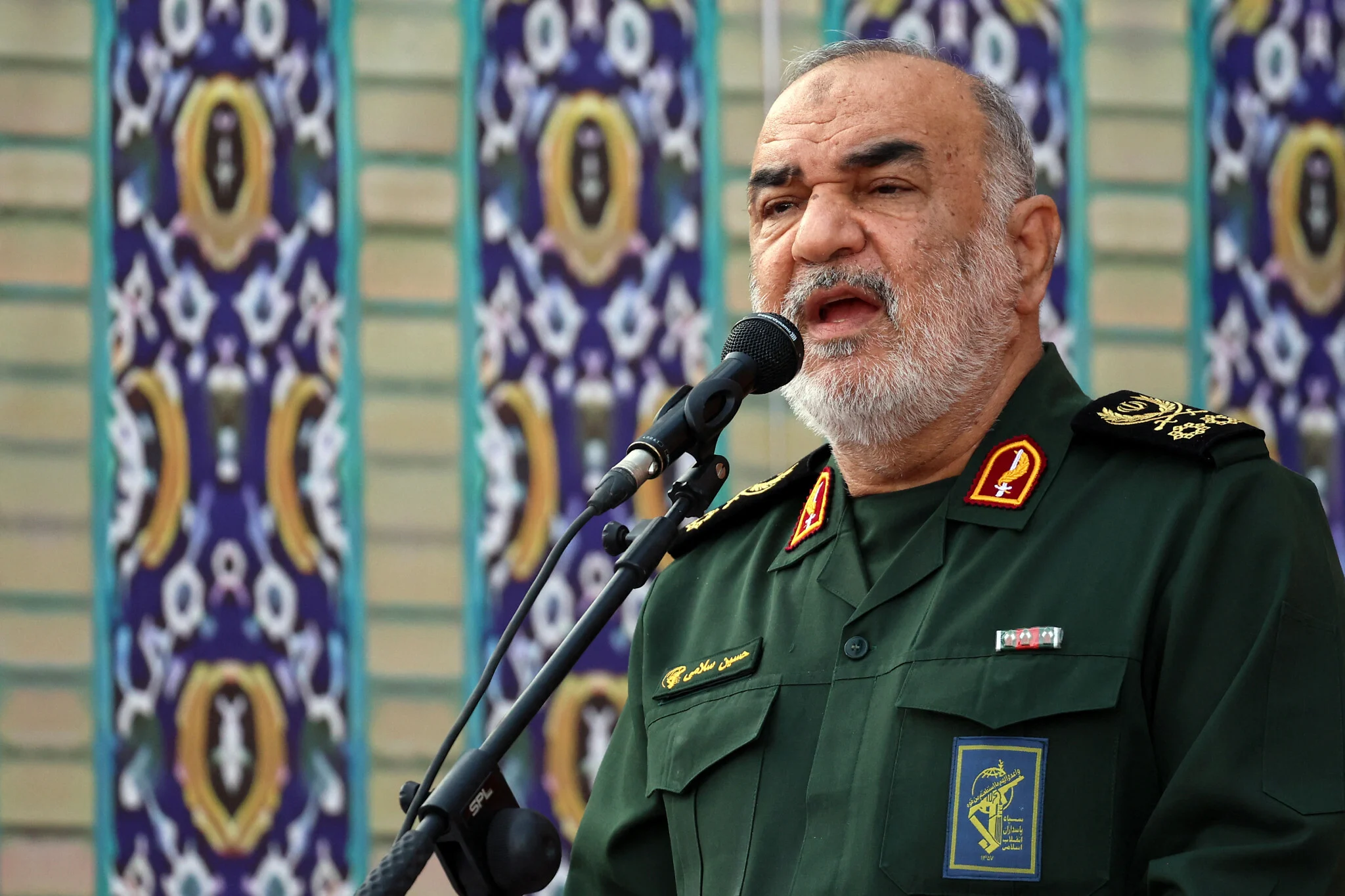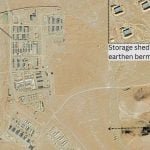In a dramatic escalation of regional tensions, Israel launched a large-scale military operation dubbed Operation Rising Lion, targeting Iranian nuclear and military infrastructure. The strikes resulted in multiple high-profile casualties, including the head of Iran’s Islamic Revolutionary Guard Corps (IRGC), Major General Hossein Salami, and several other top military and nuclear officials.
The move comes just a day after the International Atomic Energy Agency (IAEA) issued its first formal censure of Iran in two decades over its nuclear program. While Israel maintains that the action was necessary to ensure national security, Iran has threatened severe retaliation, raising concerns over broader regional instability.
Here are 10 key developments you need to know:
- Hossein Salami Killed in Strike
IRGC chief Major General Hossein Salami was reportedly killed when Israeli fighter jets bombed the IRGC headquarters. His death marks one of the highest-ranking Iranian military losses in recent history. - Iran’s Top Military Command Targeted
Alongside Salami, Iran’s military chief Mohammad Bagheri and several other high-ranking commanders and nuclear scientists were also killed in the initial wave of strikes, according to Israeli military sources. - Israel Declares Operation Will Continue Until Threat Is Neutralized
Prime Minister Benjamin Netanyahu stated that the operation is a “targeted military campaign” to roll back the Iranian threat and vowed continued action until the risk is fully eliminated. - Khamenei Issues Dire Warning to Israel
Iran’s Supreme Leader Ayatollah Ali Khamenei condemned the attack and warned that Israel will face a “bitter and painful fate” for its actions, suggesting severe military retaliation is imminent. - State of Emergency Declared in Israel
Israeli Defence Minister Israel Katz declared a home front emergency, warning of expected missile and drone attacks from Iran or its proxies. Citizens have been instructed to follow strict safety guidelines. - US Denies Involvement but Was Briefed in Advance
Secretary Rubio clarified that the US was notified in advance but did not participate in the operation. He urged Iran not to target American assets and said the US’s primary concern remains protecting its personnel. - US Senator Warns of Escalation
Senator Jack Reed criticized the Israeli move as reckless, warning it could ignite a broader conflict in the Middle East and endanger American forces stationed in the region. - Flight Diversions Over Iranian Airspace
Commercial flights flying over Iranian airspace were forced to reroute or hastily exit the region during the strikes. Flight tracking data confirmed abrupt changes in aircraft routes following the attack. - Strategic Targets Hit in Iran
Israeli military officials stated that the strikes were aimed at nuclear enrichment facilities, ballistic missile stockpiles, and infrastructure used by Iran to support regional proxies like Hezbollah and Hamas. - Oil Prices Soar Amid Fears of Wider Conflict
Global oil markets reacted sharply, with prices rising over 6%. West Texas Intermediate crude hit $72.29 per barrel (up 6.3%), while Brent crude rose 5.7% to $73.29, reflecting fears of supply disruptions.
As tensions reach a boiling point, the international community has called for immediate de-escalation. However, with threats and counter-threats still flying, the situation remains highly volatile.













